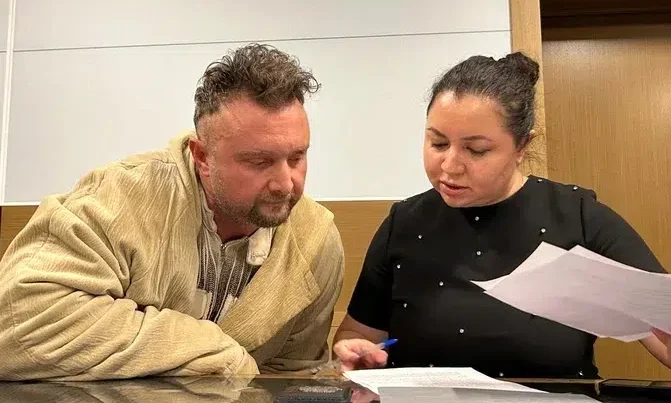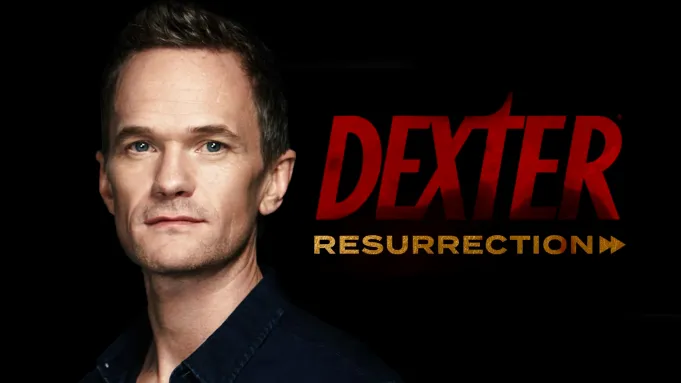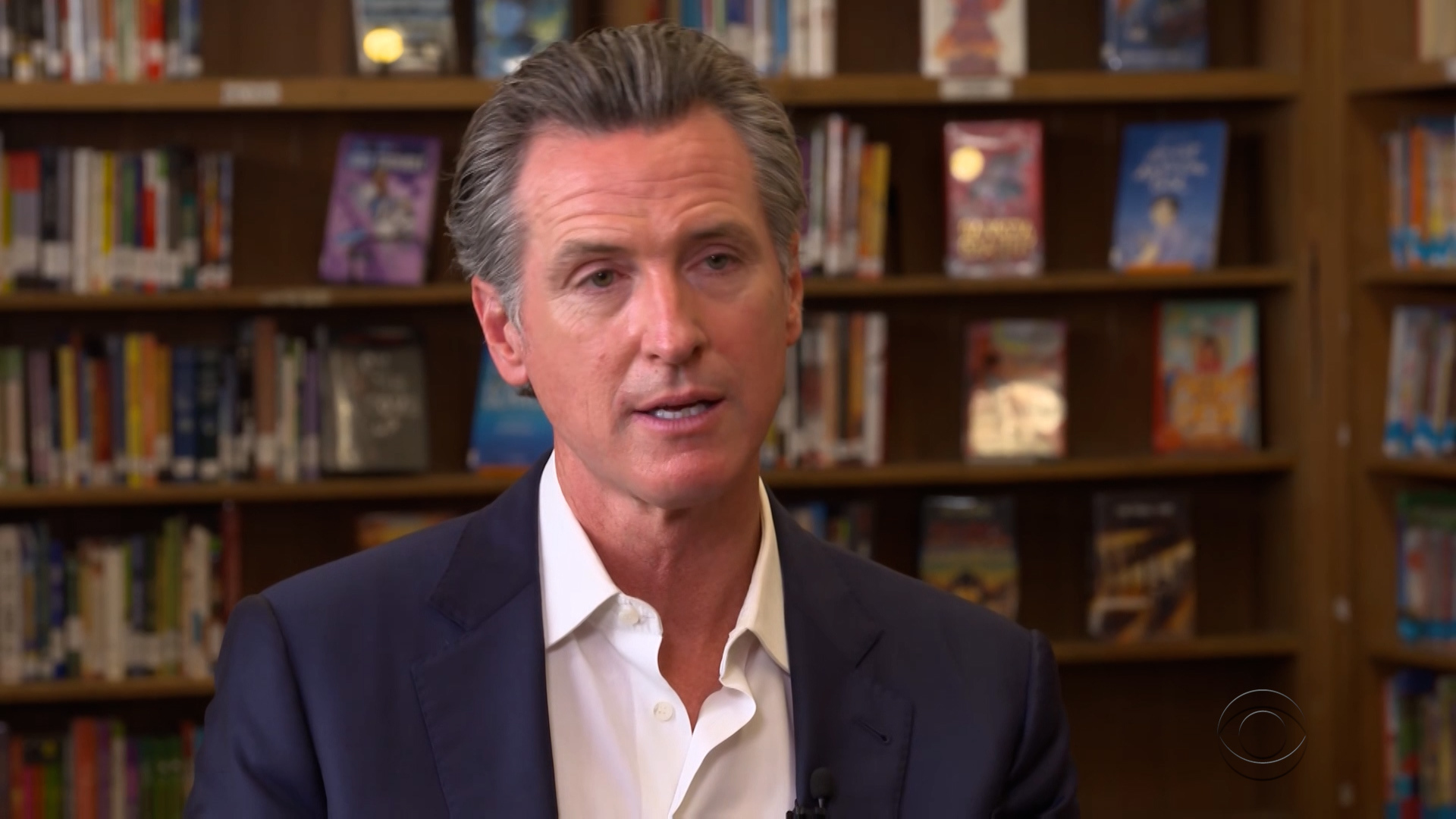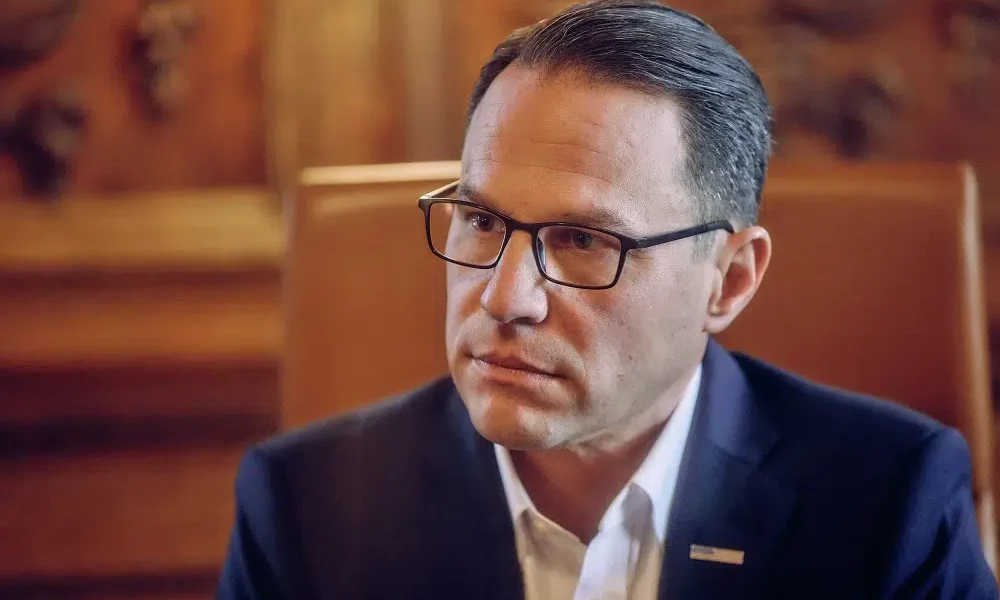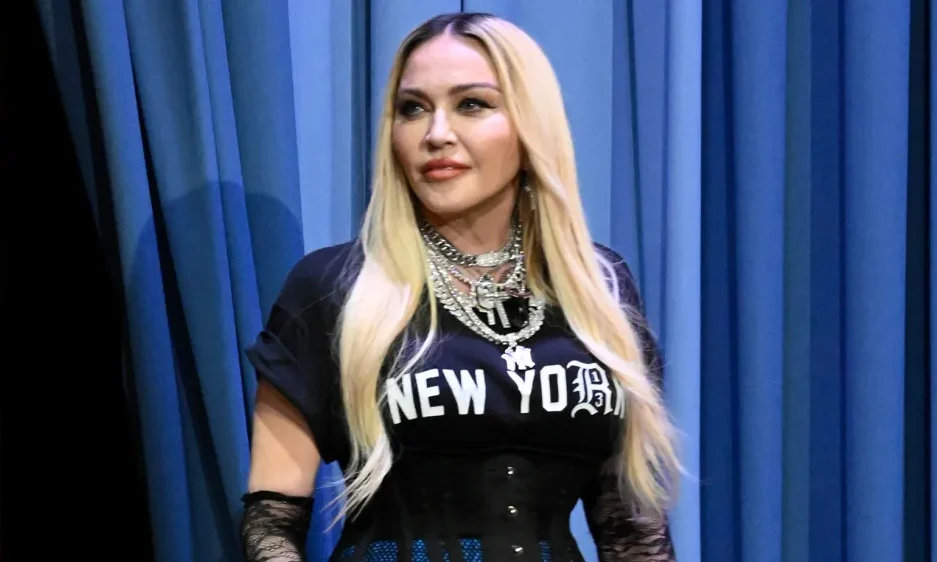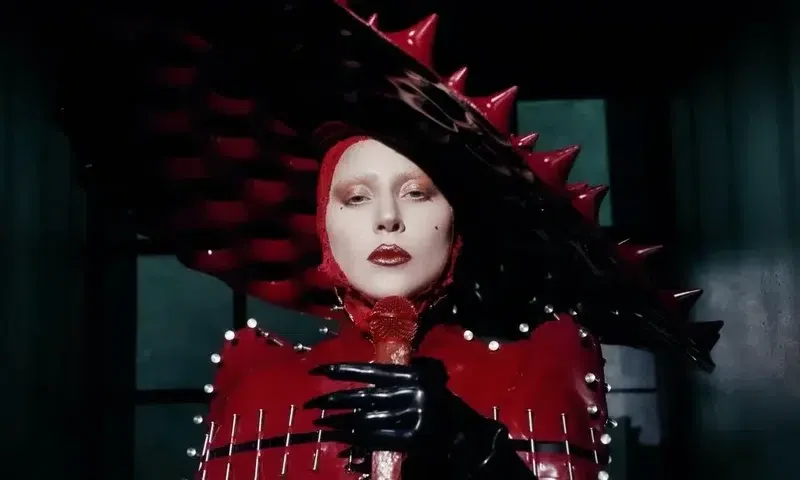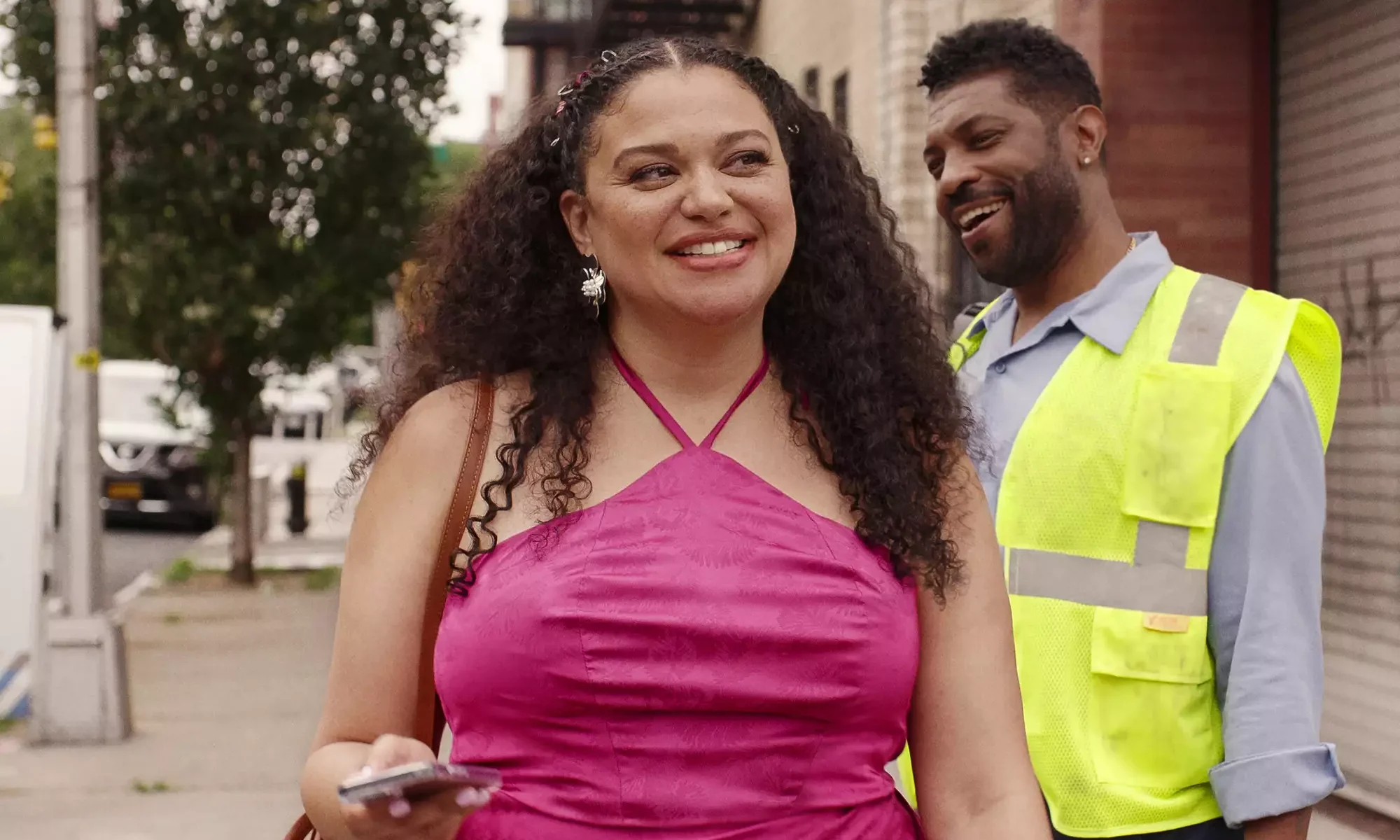The case of Andrey Kotov, a Russian travel agent who was found dead in custody in December, is set to proceed to trial. Kotov, who was arrested in late November 2023 for allegedly organizing tours for queer people, was charged with participating in and organizing the activities of an “extremist community” under a law that outlawed the so-called “international LGBT movement” in Russia. BBC News Russian reported on the ongoing case Friday.
Kotov’s arrest came after Russian authorities intensified their crackdown on LGBTQ+ activities following a Supreme Court ruling in 2023 that banned the “international LGBT movement.” The law targets any organizations or individuals suspected of promoting what the state deems to be “extremist” ideologies related to LGBTQ+ rights.
Kotov, a 40-year-old travel agent, was detained in late November and accused of organizing boat trips on the Volga River and a tour to Egypt for queer Russians. These tours were reportedly seen by authorities as a threat to Russia’s constitutional order and national security. Despite the charges, Kotov’s defense team, led by lawyer Leysan Mannapova, has firmly denied the accusations, arguing that Kotov’s activities did not fall within the scope of extremism.
Violent Arrest and Death in Custody
According to reports, Kotov was subjected to harsh treatment by police during his arrest. Footage of a police raid on Kotov’s home in November showed him struggling to breathe as officers aggressively interrogated him. In a court hearing on December 2, Kotov described his arrest, saying, “About 15 people showed up in the middle of the night. I was beaten, punched in the face, hit on the legs.” These remarks were reported by the Russian news outlet Mediazona, which has closely followed the case.
The brutality during his detention has raised concerns among human rights organizations. Kotov’s lawyer, Leysan Mannapova, emphasized that Kotov was deeply traumatized by the arrest and the treatment he endured in custody. Despite this, Kotov maintained his innocence, denying the charges against him during the court proceedings.
Kotov was found dead in his prison cell within a month of his arrest, with investigators quickly declaring his death a suicide. This claim has sparked skepticism among Kotov’s family and supporters, who argue that his death may have been the result of police mistreatment or abuse while in custody.
However, investigators insisted that Kotov’s death was a suicide, and the case was initially set to be closed. Nevertheless, Kotov’s lawyer, Mannapova, told BBC News Russian in December that the investigation would proceed after Kotov’s relatives requested that the case not be closed. This decision has raised hopes among those who seek justice for Kotov, despite the official claims of suicide.
Shocking Charges and Confusion
The charges brought against Kotov were a shock to many, including his defense team. In a statement to BBC News Russian in January, Mannapova explained that Kotov had been blindsided by the accusations and had difficulty understanding what he was being charged with. “He never fully understood what he was being accused of,” she said. “It was a complete shock for him.”
Kotov’s close friend, Svetlana, revealed that Kotov had always considered himself an apolitical person who did not think Russia’s increasingly repressive anti-LGBT laws would directly affect him. “We’ve always been oppressed and persecuted. We’ll survive. It’s no big deal,” Svetlana recalled Kotov saying. His remarks reflect the sense of resilience that many members of the LGBTQ+ community in Russia feel in the face of escalating discrimination.
However, it appears Kotov underestimated the scope of the government’s crackdown. Authorities charged him for allegedly organizing events that catered to LGBTQ+ Russians, despite his apparent lack of awareness that such activities could fall under the scope of the newly implemented anti-extremism laws. The investigation claimed that Kotov’s boat trips on the Volga and his tour to Egypt for queer Russians were acts of organizing a “community” that was seen as threatening to the Russian state’s values.
Impact on Russia’s LGBTQ+ Community
Kotov’s death and the charges against him come at a time of heightened tension for the LGBTQ+ community in Russia. Over the past few years, the Russian government has passed increasingly restrictive laws that target LGBTQ+ rights and activism. The country’s 2013 “gay propaganda” law, which bans the promotion of LGBTQ+ rights to minors, has been followed by further legislation aimed at curbing LGBTQ+ visibility and organizing.
LGBTQ+ rights activists and international human rights groups have condemned these measures, calling them a violation of fundamental human rights. The death of Andrey Kotov in custody has raised alarm bells about the risks faced by those in Russia who continue to support or organize events for the LGBTQ+ community, despite the dangers.
The Russian government’s crackdown on LGBTQ+ individuals and organizations has created an atmosphere of fear and uncertainty. Many queer Russians now live in constant worry of being targeted by authorities for simply existing or engaging in activities that were once legal. Kotov’s case highlights the personal toll of these policies, as well as the growing risk to individuals who, like him, are involved in organizing spaces or events for queer people.
As the case against Kotov proceeds to trial, his supporters and human rights groups will continue to monitor the situation. They are calling for a full investigation into the circumstances surrounding his death in custody and are demanding accountability from the authorities. The outcome of this case may have significant implications not only for the future of Russia’s LGBTQ+ community but also for the broader fight for human rights in the country.
The Russian government has yet to respond to the growing international outcry over Kotov’s death, but the case is likely to draw continued attention as it unfolds. Human rights organizations are urging both Russian authorities and the international community to take a stand against the growing persecution of LGBTQ+ individuals in Russia and to ensure that justice is served for Kotov’s death.


